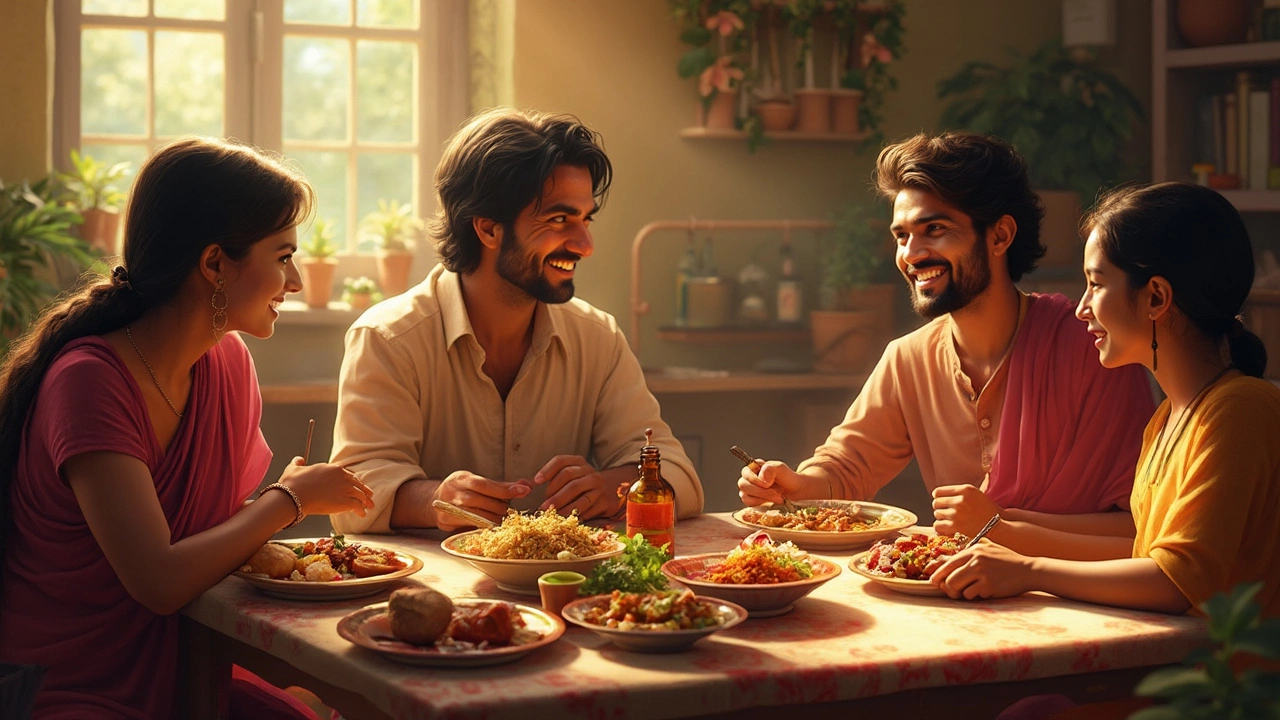Food Interactions: What You Eat Can Change How Your Medicines Work
When you take a pill, it doesn’t just work in a vacuum. What you eat — or don’t eat — can make it stronger, weaker, or even dangerous. This is called a food interaction, a change in how a medication works because of what you consume. Also known as drug-food interaction, it’s not rare, and it’s not always obvious. You might think if your doctor gave you the green light, you’re safe. But that’s not always true. A banana, a cup of green tea, or an herbal supplement like Ashwagandha can quietly mess with your treatment — especially if you’re managing diabetes, heart health, or recovering from surgery.
Take metformin, a common diabetes drug that helps control blood sugar. Also known as glucophage, it’s often paired with dietary advice. But if you eat too many high-glycemic foods like white rice or sugary snacks right after taking it, your blood sugar can swing wildly. On the flip side, eating bananas with metformin isn’t automatically bad — it’s about portion and timing. One medium banana won’t hurt, but five might. Same goes for Ashwagandha, an adaptogen herb used for stress and energy. It’s great for balance, but if you’re on thyroid meds or blood pressure pills, it can push your levels too far. Then there’s knee replacement recovery, a process where diet directly affects healing, swelling, and pain. Eating processed foods can slow recovery. Eating protein-rich, anti-inflammatory foods can speed it up.
These aren’t just random examples. They’re real patterns from people managing chronic conditions, recovering from surgery, or trying to heal naturally. You’ll find posts here that show you exactly what foods to watch out for — like how kidney-harmful herbs can quietly damage your organs, or why Ayurvedic eating times help your body digest meds better. You’ll see how the 30/30/30 method for fat loss connects to what you eat with your pills. And you’ll learn why some people feel worse after surgery not because of the procedure, but because of what they ate the day before.
There’s no one-size-fits-all rule. But there are clear red flags. And this collection gives you the facts — not guesses, not myths — so you can eat smarter, take your meds safely, and actually feel better. What you’re about to read isn’t just about what to avoid. It’s about how to use food as part of your healing, not against it.
-
7
When it comes to homeopathic medicine, there's more to think about than just taking your remedies at the right time. Certain foods and drinks can interfere with their effectiveness. This article sheds light on these common pitfalls, such as caffeine, mint, and strong aromatics, offering practical tips on how to incorporate homeopathic treatments into your daily life seamlessly.
